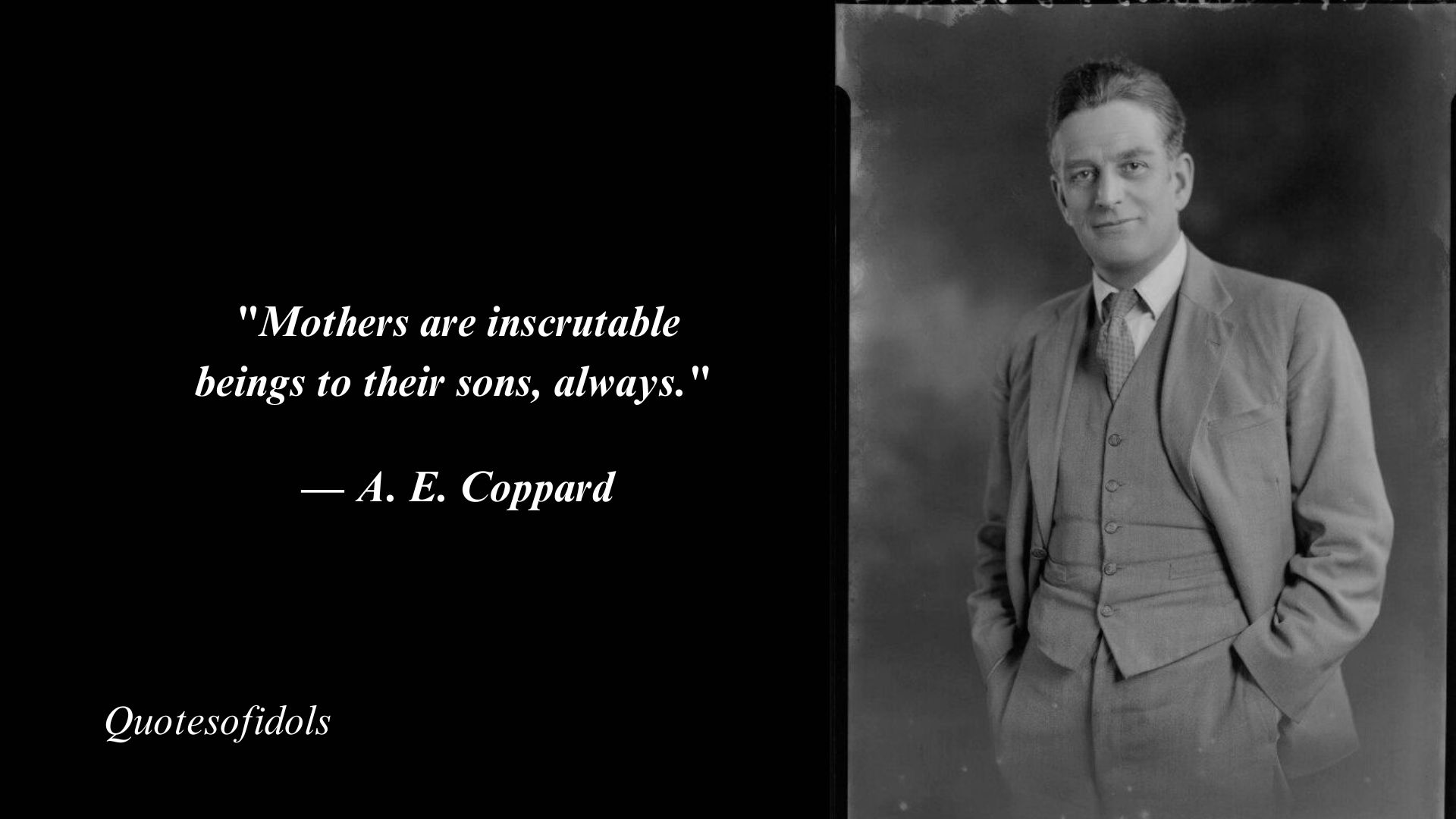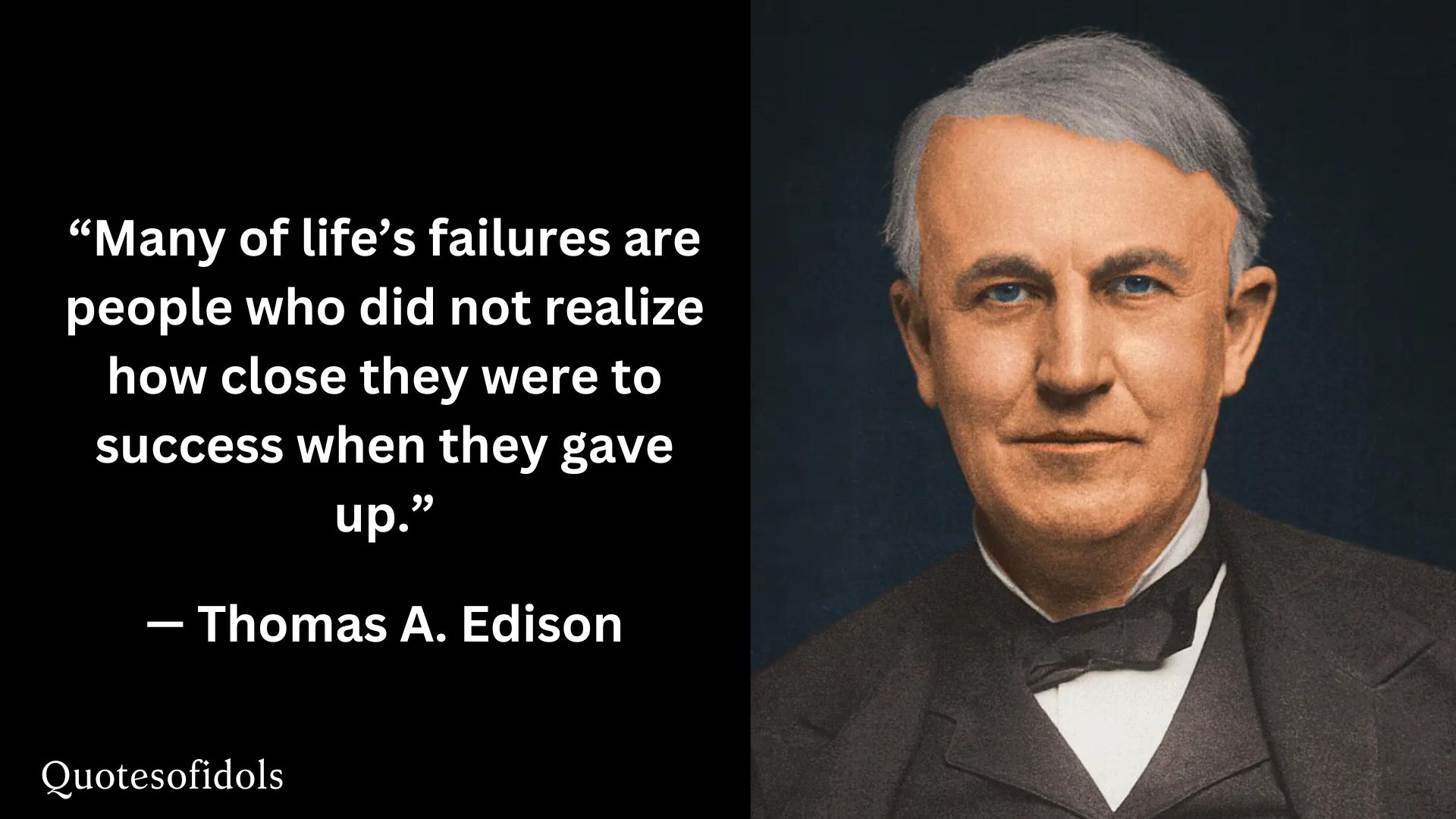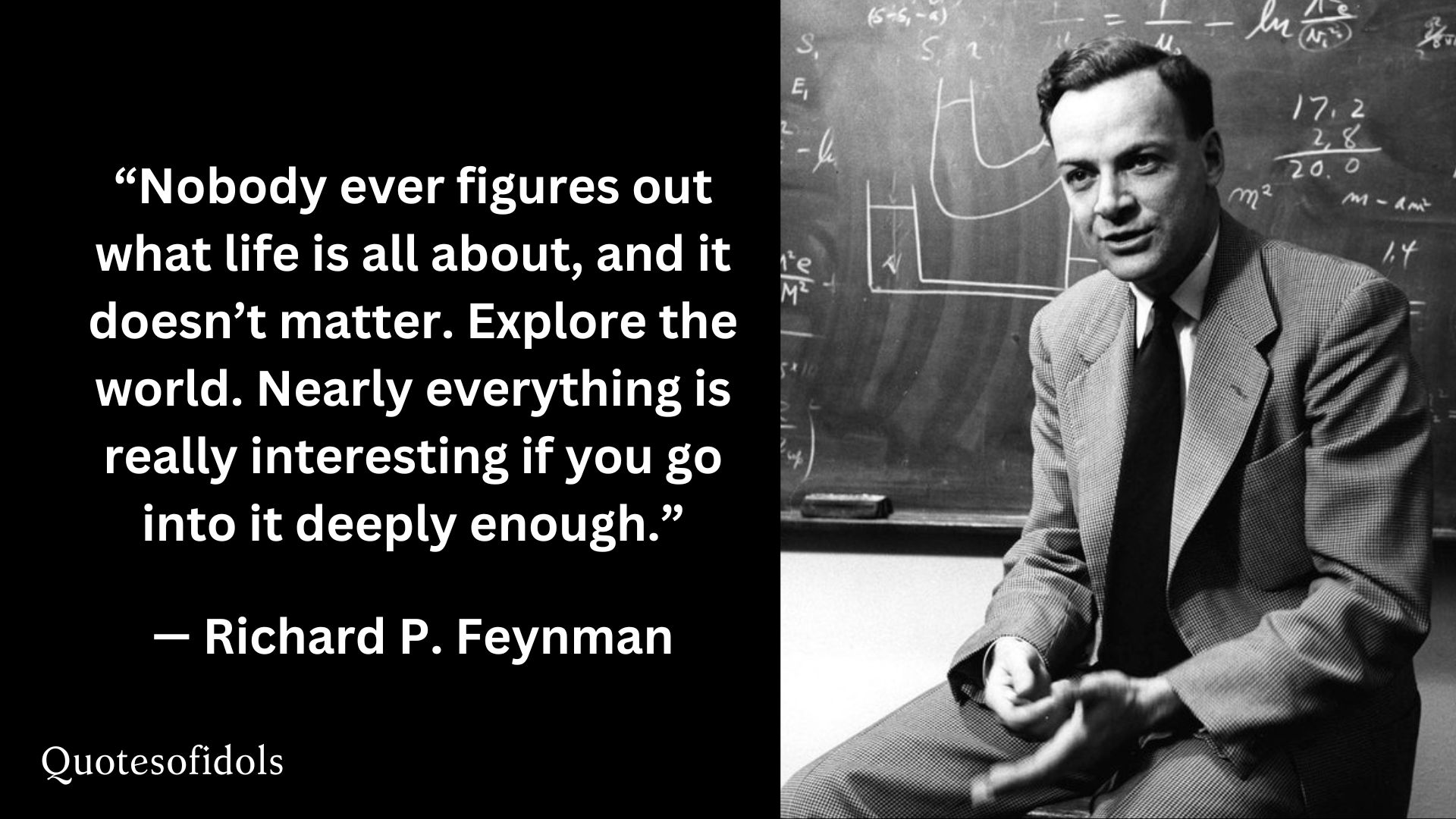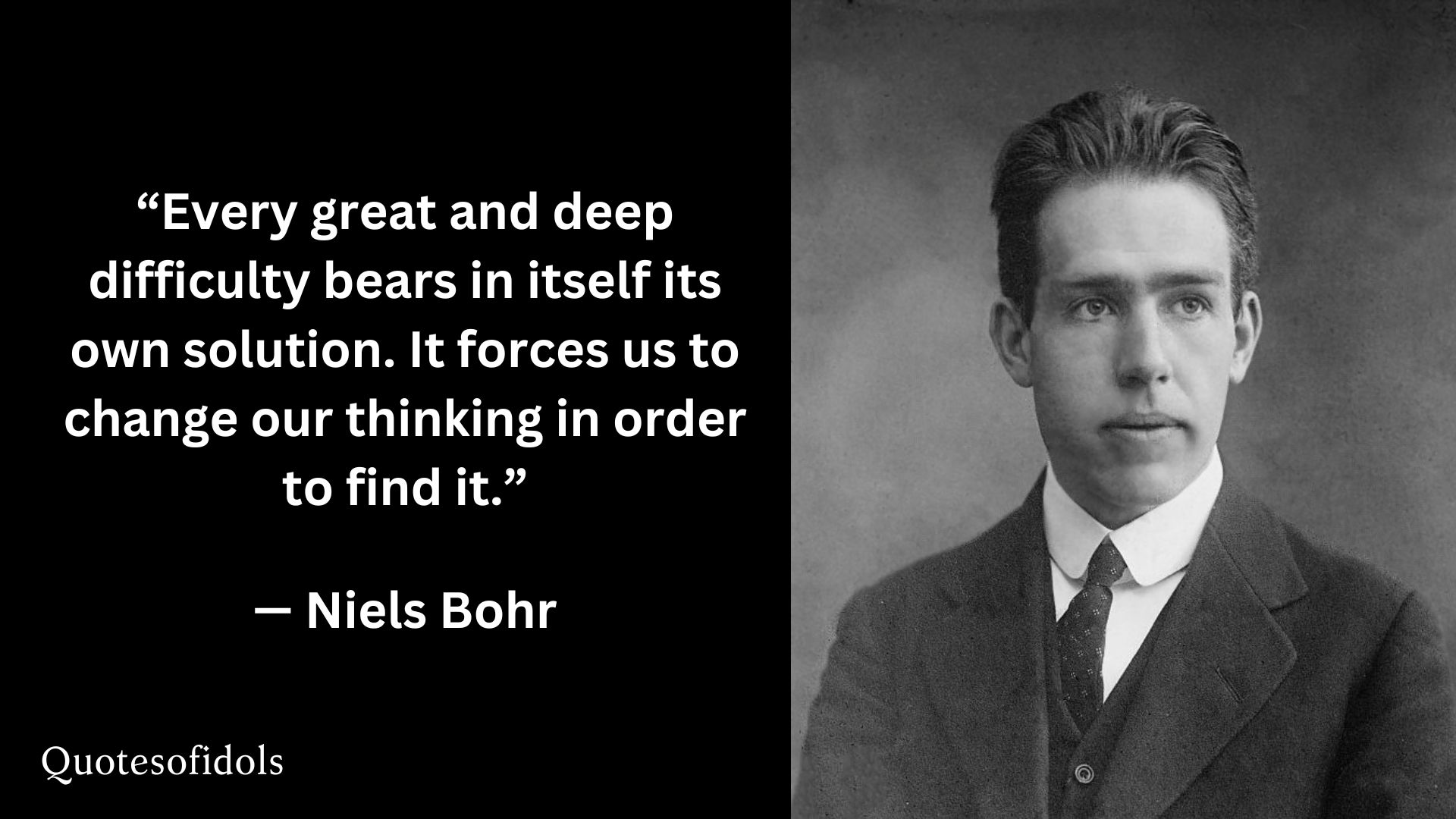All Time Famous Quotes of Johannes Kepler

Johannes Kepler, born in 1571 in the Holy Roman Empire (now Germany), was a key figure in the scientific revolution and one of the most important astronomers in history. Kepler’s work laid the groundwork for modern astronomy and physics. He is best known for his three laws of planetary motion, which he described in his work “Astronomia Nova” (1609) and “Harmonices Mundi” (1619). Kepler’s laws provided a mathematical framework for understanding the movement of planets around the sun, overturning centuries of Aristotelian and Ptolemaic cosmology. Additionally, Kepler made significant contributions to optics, mathematics, and geometry. His meticulous observations and mathematical insights paved the way for Isaac Newton’s later work on universal gravitation. Kepler’s legacy as a brilliant mathematician and astronomer continues to influence scientific inquiry to this day. He died in 1630, leaving behind a lasting impact on the fields of astronomy and physics.
Johannes Kepler Quotes
1. “Science is the process of thinking God’s thoughts after Him.”
— Johannes Kepler
2. “The chief aim of all investigations of the external world should be to discover the rational order and harmony which has been imposed on it by God and which He revealed to us in the language of mathematics.”
— Johannes Kepler
3. “Since we astronomers are priests of the highest God in regard to the book of nature, it befits us to be thoughtful, not of the glory of our minds, but rather, above all else, of the glory of God.”
— Johannes Kepler
4. “I much prefer the sharpest criticism of a single intelligent man to the thoughtless approval of the masses.”
— Johannes Kepler
5. “Geometry is one and eternal shining in the mind of God.”
— Johannes Kepler
6. “Nature loves simplicity and unity.”
— Johannes Kepler
7. “When ships to sail the void between the stars have been built, there will step forth men to sail these ships.”
— Johannes Kepler
8. “Geometry is one and eternal shining in the mind of God. That share in it accorded to men is one of the reasons that Man is the image of God.”
— Johannes Kepler
9. “Without proper experiments I conclude nothing.”
— Johannes Kepler
10. “My greatest desire is that I may perceive the God whom I find everywhere in the external world, in like manner also within and inside myself.”
— Johannes Kepler
11. “The diversity of the phenomena of nature is so great, and the treasures hidden in the heavens so rich, precisely in order that the human mind shall never be lacking in fresh nourishment.”
— Johannes Kepler
12. “I believe only and alone in the service of Jesus Christ. In him is all refuge and solace.”
— Johannes Kepler
13. “Why are things as they are and not otherwise?”
— Johannes Kepler
15. “Geometry is the archetype of the beauty of the world.”
— Johannes Kepler
16. “Truth is the daughter of time, and I feel no shame in being her midwife.”
— Johannes Kepler
17. “Eyesight should learn from reason.”
— Johannes Kepler
18. “If God himself has waited six thousand years for someone to contemplate his works, my book can wait for a hundred.”
— Johannes Kepler
19. “We do not ask for what useful purpose the birds do sing, for song is their pleasure since they were created for singing. Similarly, we ought not to ask why the human mind troubles to fathom the secrets of the heavens…”
— Johannes Kepler
20. “It may be well to wait a century for a reader, as God has waited six thousand years for an observer.”
— Johannes Kepler
21. “Nature uses as little as possible of anything.”
— Johannes Kepler
22. “The roads by which men arrive at their insights into celestial matters seem to me almost as worthy of wonder as those matters in themselves.”
— Johannes Kepler
23. “Thus God himself was too kind to remain idle and began to play the game of signatures signing his likeness unto the world: therefore I chance to think that all nature and the graceful sky are symbolized in the art of Geometria.”
— Johannes Kepler
24. “We find, therefore, under this orderly arrangement, a wonderful symmetry in the universe, and a definite relation of harmony in the motion and magnitude of the orbs, of a kind that is not possible to obtain in any other way.”
— Johannes Kepler
25. “O telescope, instrument of knowledge, more precious than any sceptre.”
— Johannes Kepler
26. “Planets move in ellipses with the Sun at one focus.”
— Johannes Kepler
27. “Just as the eye was made to see colours, and the ear to hear sounds, so the human mind was made to understand, not whatever you please, but quantity.”
— Johannes Kepler
28. “Once miracles are admitted, every scientific explanation is out of the question.”
— Johannes Kepler
29. “And I cherish more than anything else the Analogies, my most trustworthy masters. They know all the secrets of Nature, and they ought to be least neglected in Geometry.”
— Johannes Kepler
30. “So long as the mother, Ignorance, lives, it is not safe for Science the offspring, to divulge the hidden causes of things.”
— Johannes Kepler
31. “I used to measure the Heavens, now I measure the shadows of Earth. The mind belonged to Heaven, the body’s shadow lies here.”
— Johannes Kepler
32. “Do we ask what profit the little bird hopes for in singing?”
— Johannes Kepler
33. “I measured the skies, now the shadows I measure. Sky-bound was the mind, Earth-bound the body rests.”
— Johannes Kepler
34. “I am a Lutheran astrologer, I throw away the nonsense and keep the hard kernel.”
— Johannes Kepler
35. “God gives every animal the means of saving its life-why object if he gives astrology to the astronomer?”
— Johannes Kepler
36. “The Creator, the fountain of all wisdom, the approver of perpetual order, the eternal and superessential spring of geometry and harmonics.”
— Johannes Kepler
37. “When things are in order, if the cause of the orderliness cannot be deduced from the motion of the elements or from the composition of matter, it is quite possibly a cause possessing a mind.”
— Johannes Kepler
38. “Now, as God the maker play’d he taught the game to Nature whom he created in his image; taught her the selfsame game which he played to her.”
— Johannes Kepler
39. “I believe the geometric proportion served the creator as an idea when He introduced the continuous generation of similar objects from similar objects.”
— Johannes Kepler
40. “The Earth is round, and is inhabited on all sides, is insignificantly small, and is borne through the stars.”
— Johannes Kepler
41. “The treasures hidden in the heavens are so rich that the human mind shall never be lacking in fresh nourishment.”
— Johannes Kepler
42. “The radius vector describes equal areas in equal times.”
— Johannes Kepler
43. “If there is anything that can bind the heavenly mind of man to this dreary exile of our earthly home and can reconcile us with our fate so that one can enjoy living,-then it is verily the enjoyment of the mathematical sciences and astronomy.”
— Johannes Kepler
44. “In theology we must consider the predominance of authority; in philosophy the predominance of reason.”
— Johannes Kepler
45. “I believe Divine Providence arranged matters in such a way that what I could not obtain with all my efforts was given to me through chance; I believe all the more that this is so as I have always prayed to God that he should make my plan succeed, if what Copernicus had said was the truth.”
— Johannes Kepler
46. “If my false figures came near to the facts, this happened merely by chance… These comments are not worth printing. Yet it gives me pleasure to remember how many detours I had to make, along how many walls I had to grope in the darkness of my ignorance until I found the door which lets in the light of truth… In such manner did I dream of the truth.”
— Johannes Kepler
47. “The harnessing to a rational pursuit of the immense psychic energies derived from an irrational obsession seems to be another secret of genius, at least of genius of a certain type.”
— Johannes Kepler
48. “If the earth were not round, heavy bodies would not tend from every side in a straight line towards the center of the earth, but to different points from different sides.”
— Johannes Kepler
49. “Ships and sails proper for the heavenly air should be fashioned. Then there will also be people, who do not shrink from the dreary vastness of space.”
— Johannes Kepler
50. “Discover the force of the skies O Men: once recognised it can be put to use.”
— Johannes Kepler
51. “When the storm rages and the shipwreck of the state threatens, we can do nothing more worthy than to sink the anchor of our peaceful studies into the ground of eternity.”
— Johannes Kepler
52. “Sky-bound was the mind, Earth-bound the body rests.”
— Johannes Kepler
53. “Yet in this my stars were not Mercury as morning star in the angle of the seventh house, in quartile with Mars, but they were Copernicus, they were Tycho Brahe, without whose books of observations everything which has now been brought by me into the brightest daylight would lie buried in darkness.”
— Johannes Kepler
54. “The soul of the newly born baby is marked for life by the pattern of the stars at the moment it comes into the world, unconsciously remembers it, and remains sensitive to the return of configurations of a similar kind.”
— Johannes Kepler
55. “A mind is accustomed to mathematical deduction, when confronted with the faulty foundations of astrology, resists a long, long time, like an obstinate mule, until compelled by beating and curses to put its foot into that dirty puddle.”
— Johannes Kepler
56. “Every corporeal substance, so far forth as it is corporeal, has a natural fitness for resting in every place where it may be situated by itself beyond the sphere of influence of a body cognate with it.”
— Johannes Kepler
57. “If the earth should cease to attract its waters to itself all the waters of the sea would be raised and would flow to the body of the moon.”
— Johannes Kepler
58. “The sphere of the attractive virtue which is in the moon extends as far as the earth, and entices up the waters; but as the moon flies rapidly across the zenith, and the waters cannot follow so quickly, a flow of the ocean is occasioned in the torrid zone towards the westward.”
— Johannes Kepler
59. “We ought not to ask why the human mind troubles to fathom the secrets of the universe. The diversity of the phenomena of nature is so great, and the treasures hidden in the skies so rich, precisely in order that the human mind shall never be lacking in fresh nourishment.”
— Johannes Kepler
60. “Ships and sails proper for the heavely air should be fashioned.” Johannes Kepler to Galileo 1609.”
— Johannes Kepler
61. “Wherever there are qualities there are likewise quantities, but not always vice versa.”
— Johannes Kepler
62. “The squares of the periodic times are to each other as the cubes of the mean distances.”
— Johannes Kepler
63. “I also ask you my friends not to condemn me entirely to the mill of mathematical calculations, and allow me time for philosophical speculations, my only pleasures.”
— Johannes Kepler
64. “Astronomy would not provide me with bread if men did not entertain hopes of reading the future in the heavens.”
— Johannes Kepler
65. “The orbit of every planet is an ellipse with the sun at one of the two foci.”
— Johannes Kepler
66. “Repudiating the sensible world, which he neither sees himself nor believes from those who have, the Peripatetic joins combat by childish quibbling in a world on paper, and denies the Sun shines because he himself is blind.”
— Johannes Kepler
67. “In what manner does the countenace of the sky at the moment of a man’s birth determine his character? It acts on the person during his life in the manner of the loops which a peasant ties at random around the pumpkins in his field: they do not cause the pumpkin to grow, but they determine its shape. The same applies to the sky: it does not endow man with his habits, history, happiness, children, riches, or a wife, but it moulds his condition…”
— Johannes Kepler
68. “Geometry has two great treasures; one is the Theorem of Pythagoras; the other, the division of a line into extreme and mean ratio. The first we may compare to a measure of gold; the second we may name a precious jewel.”
— Johannes Kepler
69. “We do not ask for what useful purpose the birds do sing, for song is their pleasure since they were created for singing. Similarly, we ought not to ask why the human mind troubles to fathom the secrets of the heavens… The diversity of the phenomena of Nature is so great and the treasures hidden in the heavens so rich, precisely in order that the human mind shall never be lacking for fresh nourishment.”
— Johannes Kepler









